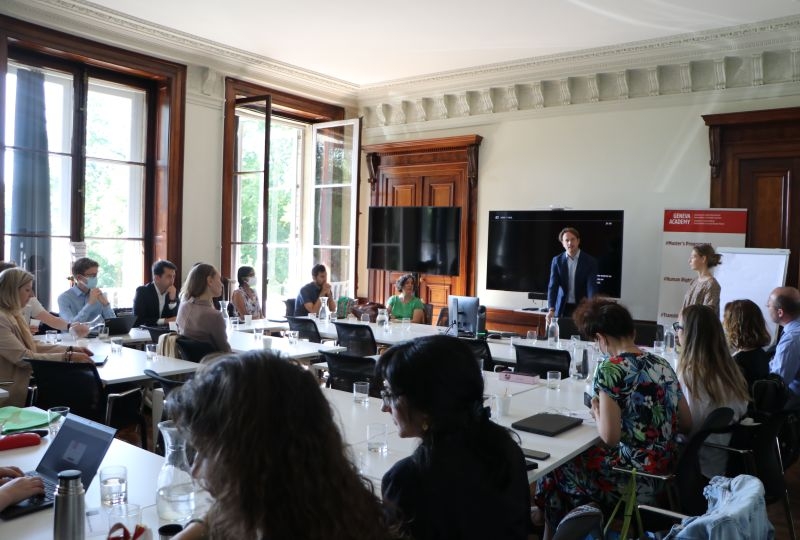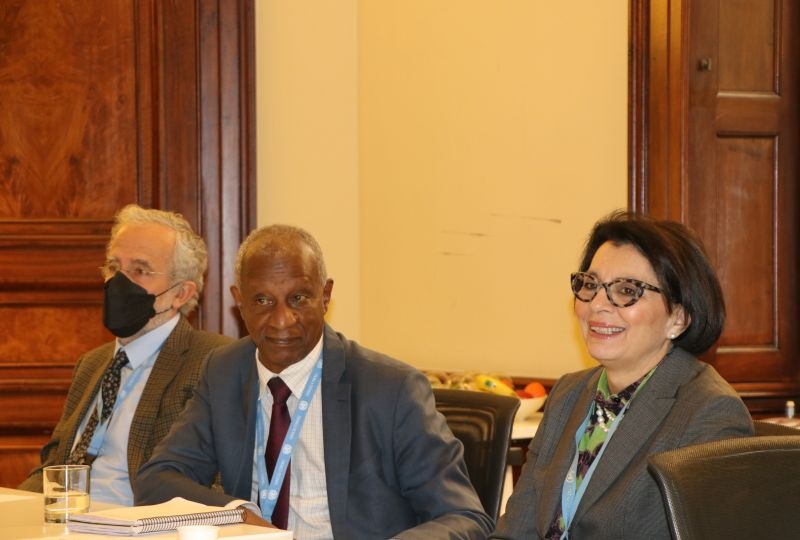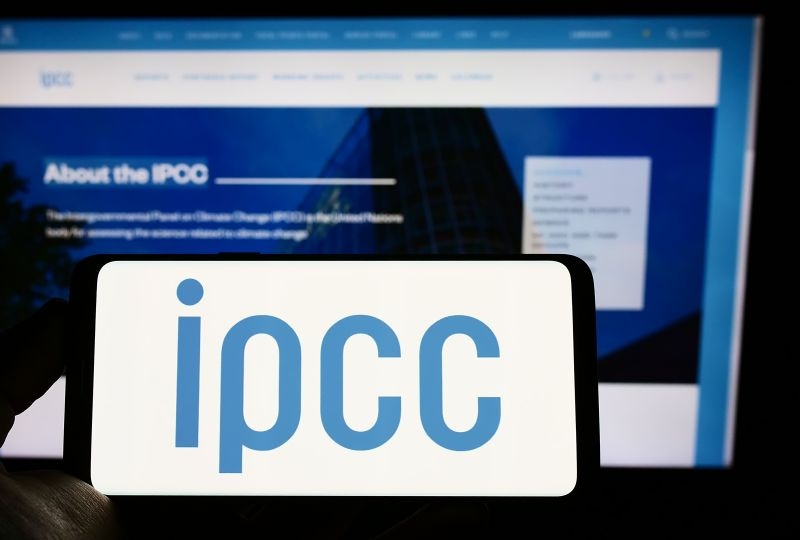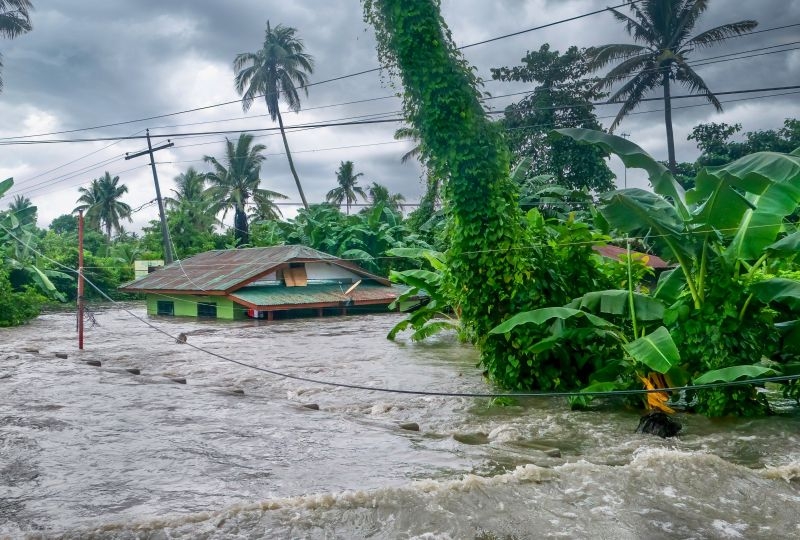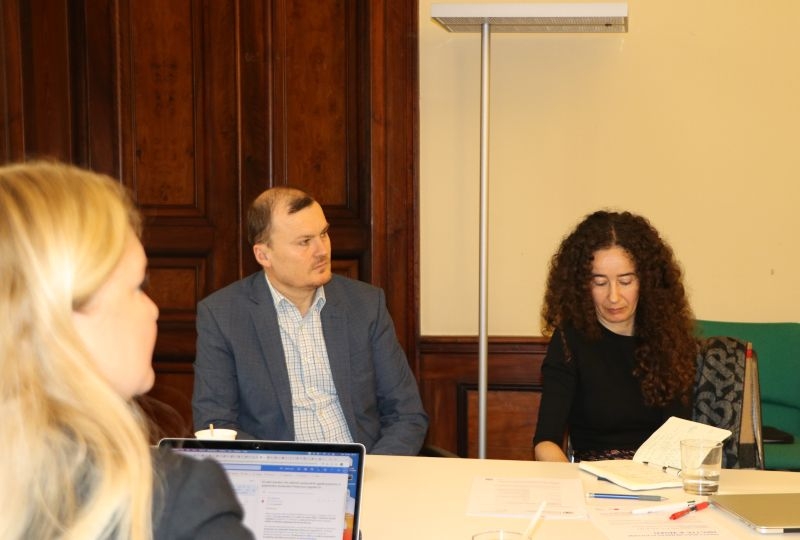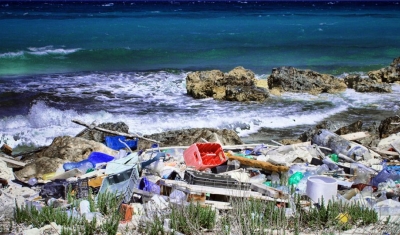12 January 2023
The Treaty Body Members Platform (TBMP), an initiative of the Geneva Human Rights Platform, connects experts in United Nations (UN) treaty bodies (TBs) with each other as well as with Geneva-based practitioners, academics and diplomats to share expertise, exchange views on topical questions and develop synergies.
Over the last years, the TBMP also increasingly linked members of UN TBs with UN Special Procedures mandate holders to share expertise, approaches and exchange around specific thematic issues.
In 2022, the TBMP hosted nine informal meetings for UN TBs, both in-person at Villa Moynier and online. UN TBs secretariat staff from the Office of the UN High Commissioner for Human Rights (OHCHR) also participated in these meetings, along with UN Special Procedures mandate holders and their respective secretariat staff in order to support OHCHR ‘all-mechanism’ approach.
In addition, the TBMP held a briefing for OHCHR TBs secretariats on the GHRP activities, including on the pilot focused reviews carried out in Sierra Leone and Grenada.
‘The TBMP is a unique and behind the scene setup that contributes to enhancing the work of UN human rights mechanisms through exchanges, the sharing of expertise and best practices and the development of common work and positions explains’ Felix Kirchmeier, Executive Director of the Geneva Human Rights Platform.


